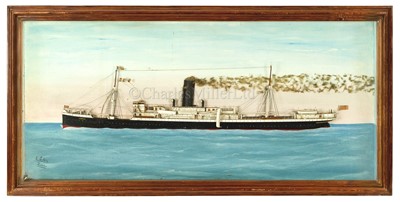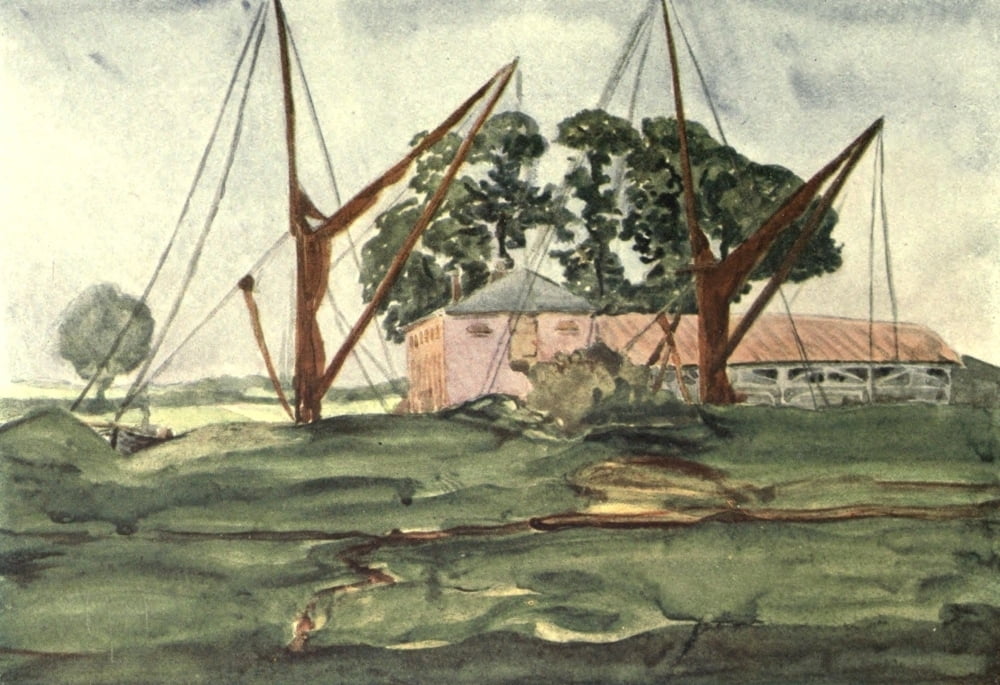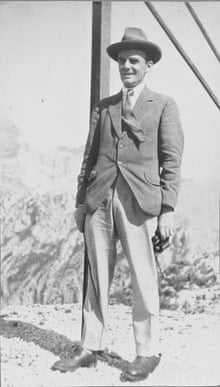Saturday, March 12th., Fulham Park Gardens, London.
On my way to seeing Mrs. L. I called at a bread shop in Holborn. To
judge from the exterior one could desire no place of refreshment more
fastidiously neat and dainty. But when I was inside I found the shop and
the room at the back occupied by women and girls in various conditions
of
deshabille. The place was being cleaned, and the hour being
only 11 a.m. customers were clearly not expected. The girls all looked
up surprised, and with a show of indifference I picked my way amongst
kneeling figures into the inner room. When I had sat down, I heard a
rummaging noise under the table, and presently a fat young girl appeared
therefrom. She hurried away laughing, but came back shortly and
produced from under the table a tin bowl of dirty water which she
carried away, with a giggle. I ordered a glass of milk and a sandwich,
and then waited. A girl, tall, thin and vacuous, ran upstairs and came
down soon afterwards pinning on an apron at the back. She brought me my
food. I ate it, while looking at a dirty newspaper placed to protect the
newly washed floor, and at the crimson petticoat showing through the
placket-hole of a girl who was washing the floor behind the counter. I
could feel about me an atmosphere of confident femininity. I discovered that there were two of me present: one recoiling from the dirt and
untidiness which spoilt the taste of my food; the other calculating how to become better acquainted with the crimson petticoat. I came away thinking: "This is a bad
omen for the result of my interview with Mrs. L."
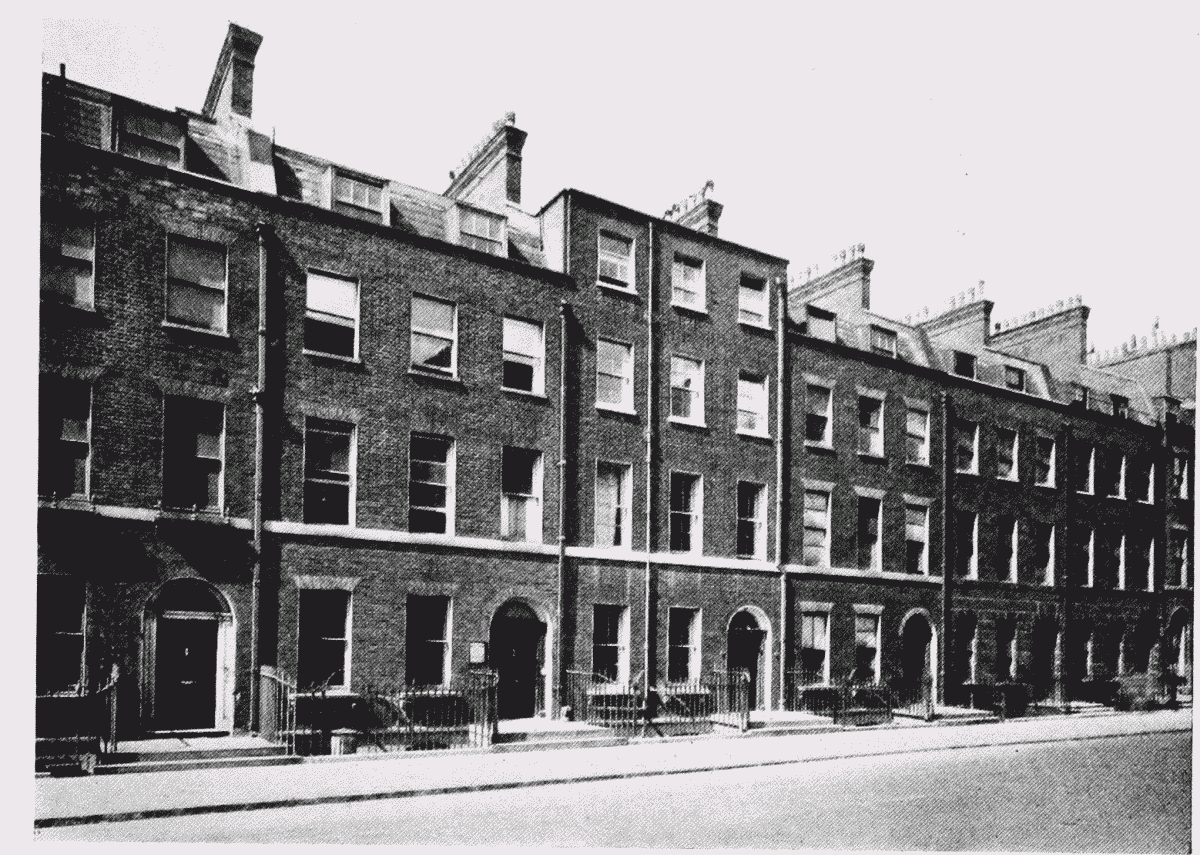
The room into which I was shown in Gower Street was, I think, the ugliest, the most
banal
I have seen. From the twisted columns of the furniture to the green rep
of the upholstering, everything expressed Bloomsbury in its highest
power. This was a boarding house. My hopes sank and they were not raised
by the appearance of Mrs. L. who combines the profession of a landlady
with that of a "mental healer". She looks the typical landlady, shabbily
dressed, middle-aged, and with that hardened, permanently soured
expression of eyes and lips which all landladies seem to acquire. She
fitted with and completed the room. I put on my bravest face and surrendered to the situation.
She asked me about my stammering and my health generally, talking in a
quiet, firm, authoritative voice. I noticed the fatigue of her drooping
eyelids and the terrific firmness of her thin lips. She told me how she
had been cured of nervousness by Dr. Patterson of America, and gave a
number of instances of his success and her own in "mentally treating"
nervous and physical disorders. Some of them were so incredible that I
asked myself what I, notorious as a sane level-headed man, was doing in
that galley. However as Mrs L. talked I was rather impressed by her
sincerity, her strong quietude, and her sagacity. I was given to understand that she was a "Christian Scientist". I asked what the
patient had to do. "Nothing", she said. I explained my attitude towards
"mental healing" - that I neither believed nor disbelieved in it, that
certainly I could not promise her the assistance of my 'faith'. "Can you cure me of my stammering?" "I am quite sure that I can," she answered with quiet assurance, "but it
will take some time. This is a case of a lifelong habit, not of a
passing ailment." "Shall you want to see me often?" "I shall not want to see you at all: but if you feel that you want to
see me, of course you can do so. I shall look after your general health
too. If you have a bad headache, or a liver attack, send me a word and I
will help you."
I nodded acquiescence but I was nearly laughing aloud. At least I told myself that was what I was doing. I also told her, in my head, that I preferred to dispense with these mysterious services, but had not the moral courage to carry it through. So I arranged terms with her and as I did so I marvelled that I should be assisting at such
an interview. And yet - supposing there were after all something in it!
I was not without hope. She had distinctly impressed me, especially by
odd phrases here and there which seemed to indicate a certain depth of
character in her. I went away smiling - half believing that the whole
thing was a clever fraud, and half-expecting some happy result.
Tonight I sent her a cheque. I wondered, as I wrote it out, whether
twelve months hence I should be wanting to burn these pages which
recorded my credulity, or whether with all the enthusiasm of my nature I
should be spreading abroad the report of Mrs. L's powers.


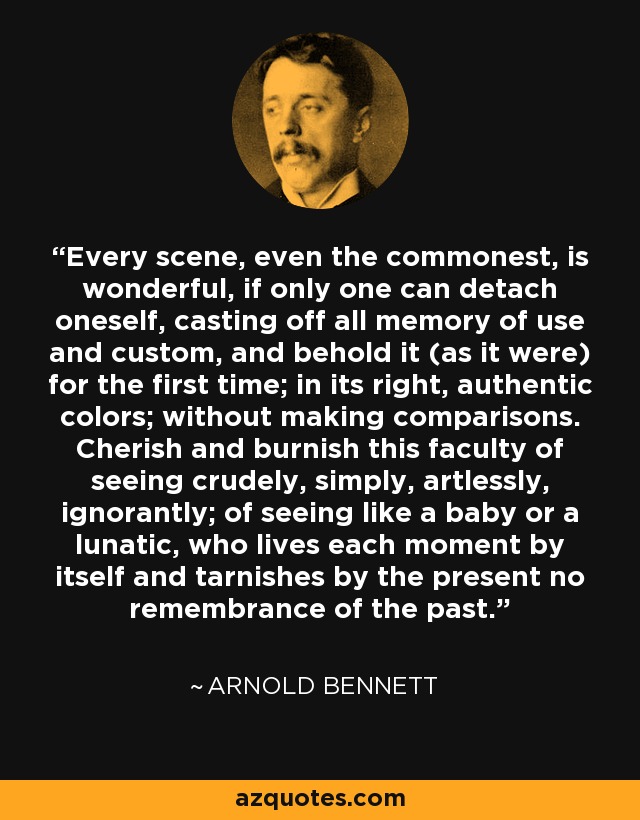


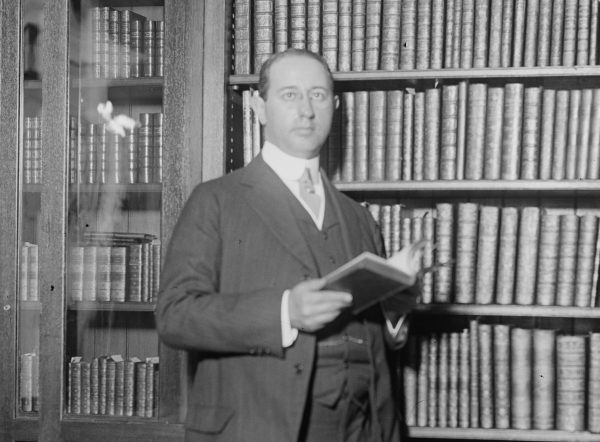



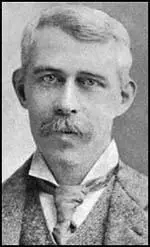












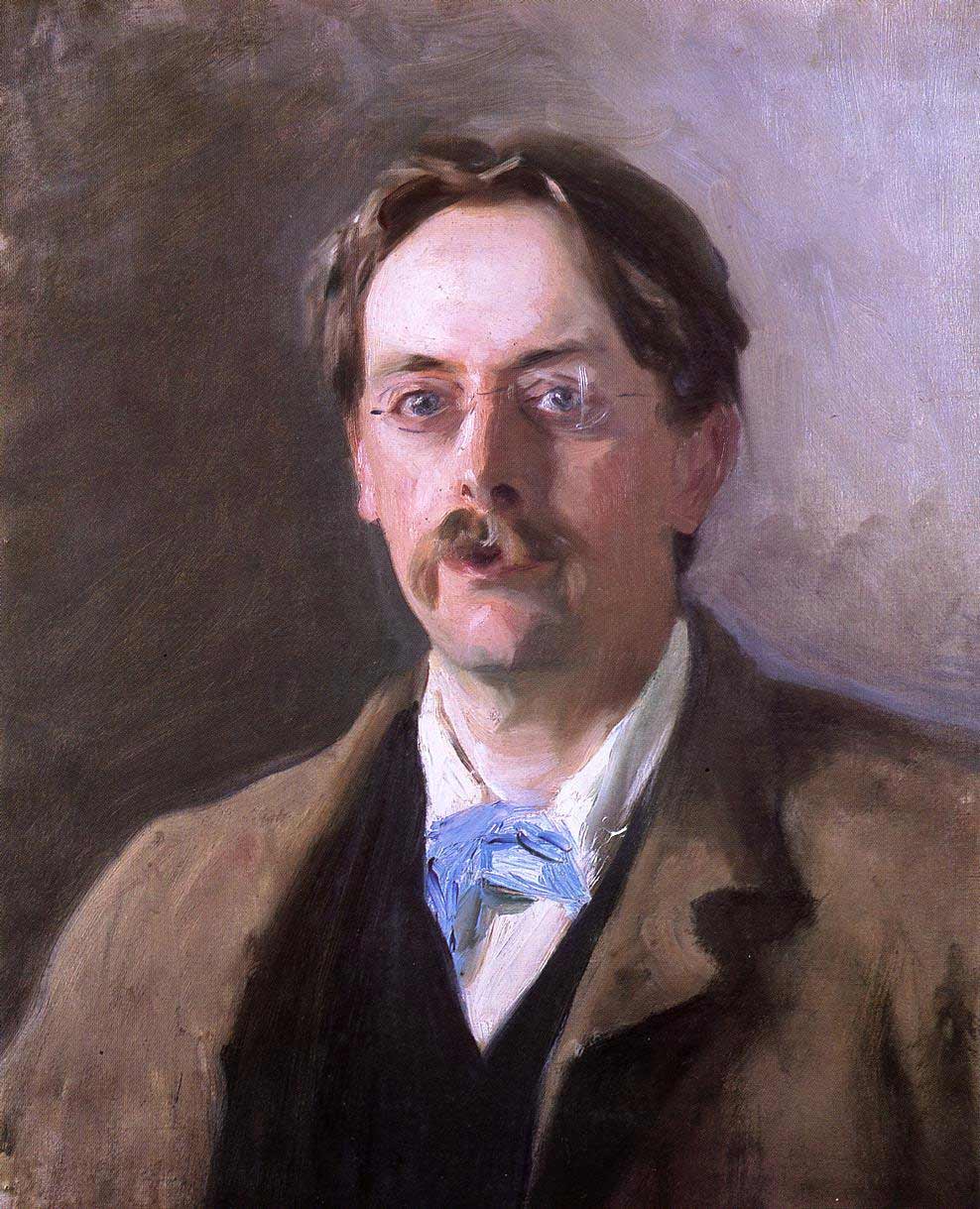



.jpg)
